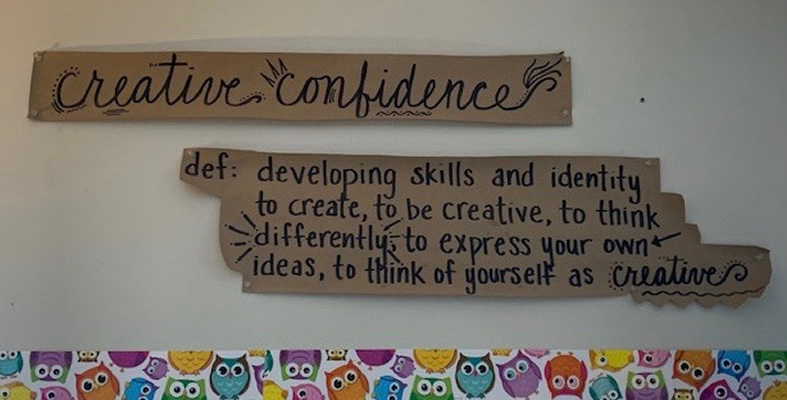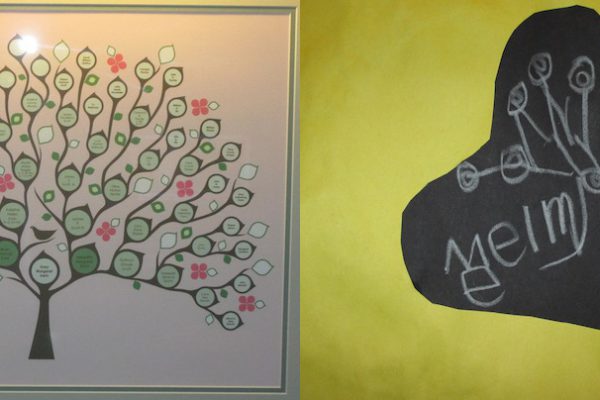
Middle school – how the pendulum swings between wanting independence and needing guidance and tenderness, even in terms of school work. Recently, my daughter invited me to read her fifth grade persuasive writing assignment for Humanities. Every child picked a borrower from kiva.org and argued why that person should receive a loan from the class. Philanthropy (fundraising, volunteering, charitable giving) is something my daughter has grown up with, a reality if your parent(s) work for non-profits, but this was an entirely new way to look at helping others and allowed the students to find a connection to someone living an entirely different life.
According to kiva.org: More than 1.7 billion people around the world are unbanked and can’t access the financial services they need. Kiva’s mission is to expand financial access to help underserved communities thrive. They do this through crowdsourced loans. My daughter and I decided we should fund someone, so together we went through the same steps as the class.
The assignment began with a guided exploration of kiva.org – how it is organized, how to filter search, how to find and interpret individual stories. Her class focused on five African countries, and each student was given a chart to guide them through comparing needs of the countries and selecting one from which to choose a borrower. They pulled information from the CIA Factbook website to form the groundwork for their opinion piece. Completing a similar chart on three individuals narrowed down their selection. The chart reorganized the data available through kiva.org and allowed them a tool to compare the need and story in one place.
Our process was slightly more relaxed, but I appreciated how the process walked them through making their own decision and provided them with the pieces of their argument. The project culminated in sharing essays and finally in funding the most persuasive person’s borrower. We needed to stay clear of Africa so not to mess up their end result. We then focused on Nicaragua, which in the year since we visited has experienced huge political and economic upheaval. We also decided to fund a woman looking to expand her business. We searched for an interesting, stand-out plan, but they were mostly the same, which led to an interesting conversation about what work women have access to in other places. We ended up being able to fully fund Azra in Pakistan, who needed to upgrade her auto rickshaw. Since my daughter has researched and read a lot about Malala, Pakistan’s situation is known, but it was new for her to think about people living their daily lives and running small family businesses, rather than speaking and writing on an international stage. We hope our loan will help Azra and her family.
The goal of my daughter’s fifth grade Humanities curriculum is: To be an informed global citizen, one needs to have an understanding of the world in which they live. Learning about cultures through questioning allows us to explore the diverse geography across the globe. We look to the past and into the future to gain awareness and make decisions to become productive members of our communities on both local and global scales. Through literature, we examine cultural themes to gain perspective and make connections. We develop critical thinking skills by understanding key ideas and analyzing authors’ craft. Various genres of writing allow us to express our views, inform others, and make learning personal. Collaboration and discussion provide opportunities to share big ideas and work together to create a positive, respectful and responsible global community.
I love how this writing assignment accomplished all these goals and offered us a chance as a family to act as global citizens. Even though my CLiF work connects me with dedicated, creative teachers every day, I am still continually awed by the complexity of their work and by the responsibility given them to shape our children. THANK YOU, teachers, for all you do!


